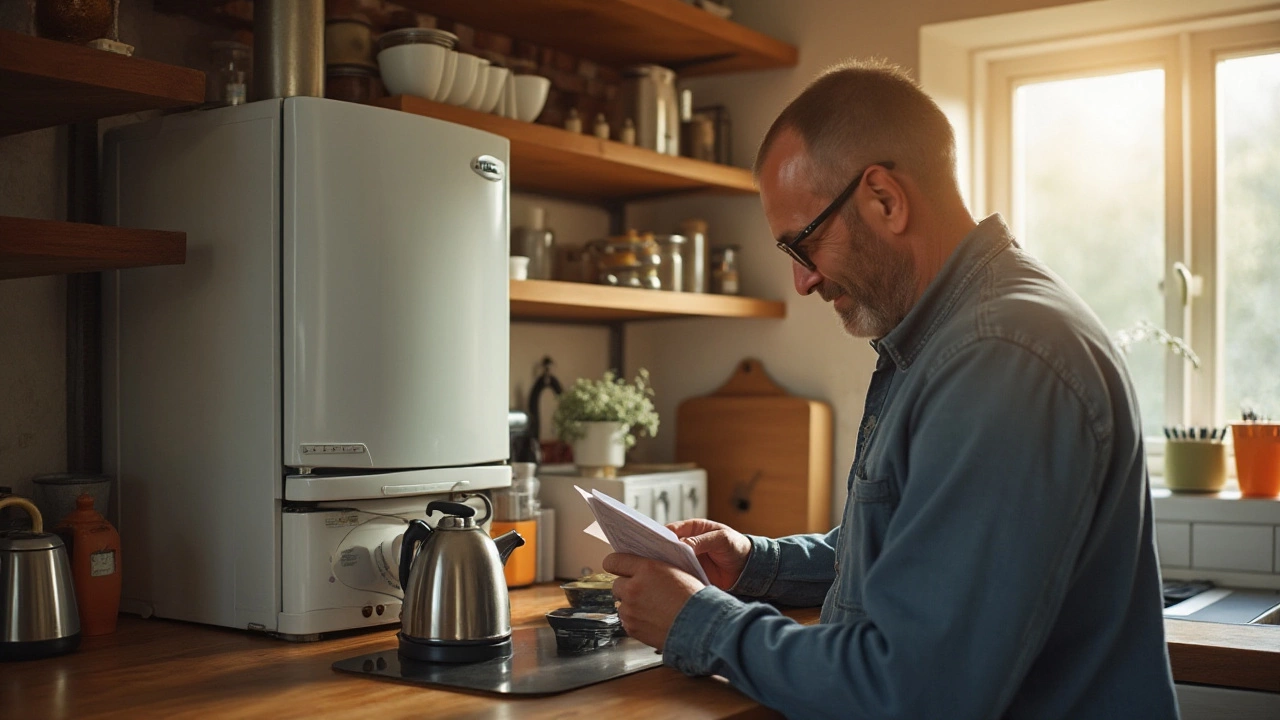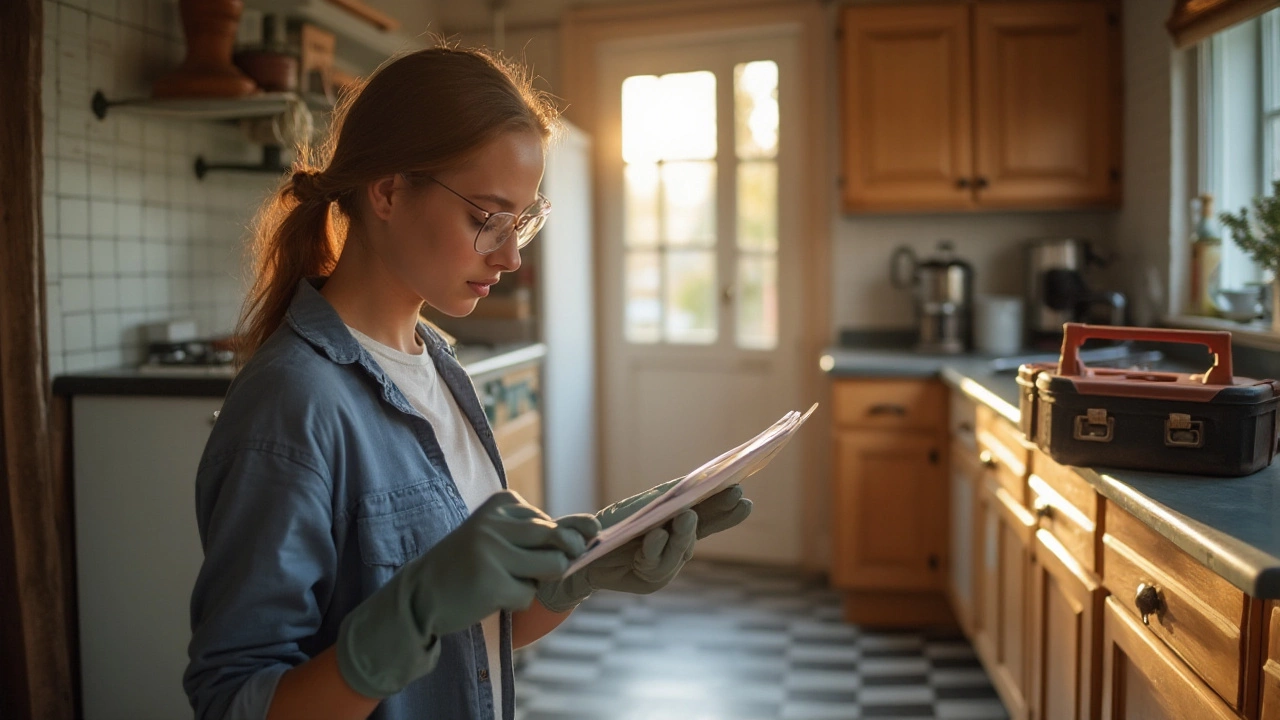Maintenance Tips for Home Appliances
Got a fridge that hums louder than your kettle? A boiler that sputters when it gets cold? Most of these issues are preventable with a little routine care. Below are easy steps you can do yourself to keep the big and small appliances in your home working like new.
Why Regular Maintenance Matters
Every appliance has moving parts, seals or heating elements that wear down over time. Ignoring the signs – odd noises, slower cycles, leaks – means you’re inviting a breakdown that will cost more to fix than a quick check‑up. Regular maintenance not only saves money, it also improves safety. A faulty hot water heater can leak hot water onto the floor, and a neglected boiler can cause carbon monoxide build‑up. A few minutes each month can keep those hazards at bay.
Easy DIY Checks for Common Appliances
Boiler: Keep the pressure gauge between 1 and 1.5 bar when the system is cold. Flush the radiators once a year to remove sludge that blocks heat flow. Look for rust or water stains around the pipework – those are early warning signs.
Hot Water Heater: Test the temperature relief valve once a year by lifting the lever; you should hear a short burst of water. If the heater makes popping noises, it’s likely sediment buildup – a professional flush will restore efficiency.
Washing Machine: Run an empty hot cycle with two cups of white vinegar every three months to clear detergent residue. Clean the door gasket and filter regularly to avoid mold and blockages. If your machine vibrates excessively, check that it’s level on the floor.
Oven & Hob: Wipe spills as soon as they cool – baked‑on food can damage the heating element. For electric hobs, inspect the surface for cracks before you heat anything. A quick reset (turn the hob off, wait a minute, then switch back on) often fixes minor trips.
Extractor Fans: Turn the fan off and remove the cover. Clean the blades and filter with mild detergent. A dusty fan will lose suction and make the motor work harder, shortening its life.
These checks take less than ten minutes each and can be fit into a weekend routine. If you spot a problem you’re not comfortable fixing – like a leaking boiler pipe or a burnt‑out heating element – call a qualified technician. Trying to DIY a gas‑related repair can be dangerous.Finally, keep a simple log of when you performed each task. A notebook or a notes app works fine. Knowing the last service date helps you stay on schedule and gives a pro quick background if you need a call‑out.
By staying on top of basic maintenance, you’ll extend the life of your appliances, lower energy bills, and avoid those stressful “nothing works” moments. Got a specific problem? Jot down the make, model, and symptoms before you call – it speeds up the repair and gets you back to normal faster.
Understanding Appliances: Examples and Tips
0 Comments
Appliances play a crucial role in daily living, making tasks easier and more efficient. This article explores common household appliances, offering insights into their functions and practical tips for maintenance. Learn why regular servicing can extend an appliance's life and ensure optimal performance. Discover interesting facts and user-friendly advice for keeping your appliances in tip-top condition. Whether you're a homeowner or renter, these practical insights will help you manage your everyday essentials effectively.
Read MoreEssential Guide to Regular Gas Appliance Maintenance Checks
0 Comments
Gas appliances are integral to modern living, providing convenience and efficiency in our daily routines. To ensure their safe and efficient operation, regular checks and maintenance are crucial. This article explores the recommended frequency for inspecting gas appliances, highlights potential risks, and offers practical tips for maintaining their optimal performance. Understanding these aspects can help prevent accidents and costly repairs.
Read MoreSafe Water Heater Reset: Tips and Precautions
0 Comments
Resetting a water heater can often resolve minor issues, but it's important to follow safety precautions. This detailed guide explores the steps involved in safely resetting your water heater and offers practical tips to ensure you're not inadvertently causing more harm than good. Learn about the potential risks and signs indicating whether a simple reset will suffice or if professional consultation is required. Understand when it's safe to DIY and when you should call in a technician.
Read More

